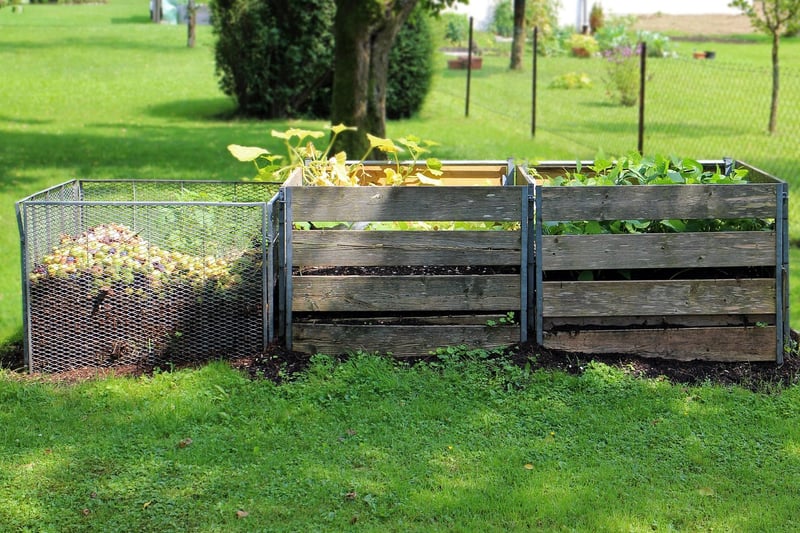Composting Techniques
#Green Living
#Tips
#Environment
The Ultimate Guide to Eco-Friendly Living and Composting Techniques
Why Go Eco-Friendly?
Living an eco-friendly lifestyle is not only beneficial for the environment but also for your health and well-being. By making small changes in your daily habits, you can reduce your carbon footprint and contribute to a greener, more sustainable planet.
Tips for Eco-Friendly Living:
- Reduce, Reuse, Recycle: Opt for reusable items, reduce single-use plastics, and recycle whenever possible.
- Conserve Energy: Turn off lights when not in use, unplug appliances, and switch to energy-efficient light bulbs.
- Go Paperless: Use digital documents instead of printing, opt for e-bills, and unsubscribe from paper mailings.
- Choose Sustainable Products: Look for eco-friendly labels, buy locally sourced goods, and support ethical brands.
- Reduce Water Usage: Fix leaks, take shorter showers, and collect rainwater for plants.
Composting Techniques:
Composting is a great way to reduce waste and create nutrient-rich soil for your garden. Here are some techniques to get you started:
- Choose a Compost Bin: Select a suitable container for composting, such as a bin, tumbler, or pile.
- Collect Green and Brown Materials: Green materials include kitchen scraps, grass clippings, and coffee grounds. Brown materials include leaves, straw, and cardboard.
- Layer Materials: Alternate layers of green and brown materials to create a balanced compost pile.
- Add Water and Turn: Keep the compost moist but not soggy, and turn it regularly to aerate and speed up decomposition.
- Monitor and Use Compost: Check the compost for moisture and odor levels, and use the finished compost in your garden to enrich the soil.
Remember, small changes in your daily routine can make a big impact on the environment. Start incorporating eco-friendly practices and composting techniques today for a greener tomorrow!

For more information on eco-friendly living and composting, visit EPA's composting guide.
